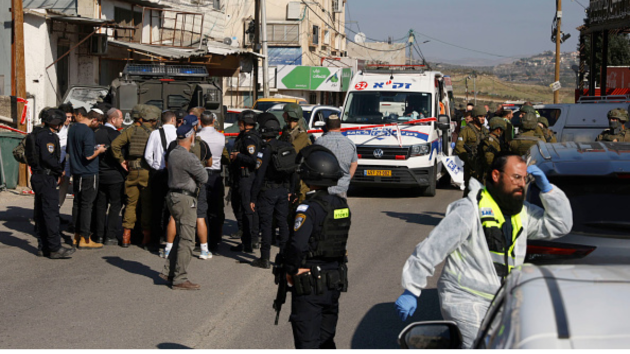Rohingya migrants speak out on never-ending nightmare as they flee through Asia
Written by ABC Audio ALL RIGHTS RESERVED on January 27, 2024
(NEW YORK) — For the last seven years, Rohingya Muslims in southeast Asia have been facing a never-ending nightmare that they say follows them to every place they’ve fled.
Hundreds of thousands of Rohingya have fled Myanmar, where they were targeted in the country’s genocide of Muslims. The refugees said that, despite making the journey through treacherous terrain and waters, they are still at risk for violence, health problems and racism almost everywhere they go.
Shahed, a Rohingya who migrated to Bangladesh and is now planning to travel to Malaysia with smugglers, told ABC News Live that he and many of his fellow refugees are living in fear as they have been given no jobs and threatened by local gangs to either join them or pay to leave them alone.
“I have not told anyone about my journey. But now, I think I must tell at least someone because I’m scared,” he said.
Last year more than 4,500 Rohingya fled Myanmar, and hundreds were killed during the journey, according to the United Nations. That number has been a fivefold increase from 2022, according to the U.N.
Bangladesh has become the most sought-after country for the refugees. Cox’s Bazar, a Bangladeshi city, is home to over a million Rohingya from Myanmar, according to the U.N.
It has been plagued with violence and poor living conditions, with more than 200 people having to share a single bathroom in some areas.
Many Rohingya have been living in camps with few resources and no job opportunities. Nur Sadek was 15 when he fled Myanmar with his family and told ABC News Live in 2020 that life in the camp was unbearable for him.
“When I sleep, my pillow becomes wet with tears. Is it a life or hell? This is not life,” he told ABC News in 2020.
Services have been overwhelmed with the influx of migrants, particularly health care, according to experts. Illnesses like dengue, scabies and waterborne diseases are rampant because of poor sanitation.
Coralie Blanpied, the Doctors Without Borders project coordinator for Goyalmara Mother and Child Hospital in Bangladesh, told ABC News Live that patients have been experiencing severe anxiety and depression.
“The more the situation is deteriorating, the harder the situation for the mental health of the Rohingya,” she said.
To escape the gang violence in Bangladesh, some Rohingya are turning to another criminal network that smuggles them to other countries such as Malaysia.
The smugglers have used two routes to get the migrants to Malaysia and both come with extreme dangers that have gotten many killed.
One involves sailing through the unpredictable waters of the Andaman Sea, while the other involves a trek that crosses back into Myanmar and then through Thailand.
Hashim Ullah told ABC News Live that it took him over 40 days to make the journey from Bangladesh to Malaysia after he paid smugglers.
He said he experienced violence and threats during the trip and witnessed the smugglers sexually abuse the women migrants.
“I said to the agents, ‘Please don’t do this. She’s my sister. Please,'” Ullah said.
Ullah said he was forced to pose in pictures where he was seen smiling during the journey for propaganda material circulated by the smugglers.
Despite being away from the dangerous Bangladeshi camps and gangs, many Rohingya said they are not better off in Malaysia, which has over 100,000 Rohingya refugees, according to the U.N.
Since Malaysia is not a signatory to the U.N. Convention on Refugees, the country has denied the entire Rohingya population any legal status. The migrants can’t find legal work.
Two years ago, Sadek made the journey from Cox’s Bazar to Malaysia and he said while he certainly would have died if he stayed in Bangladesh, life hasn’t gotten any better in Malaysia.
He said he faces bias from some native Malaysians who accuse Rohingya of taking their jobs and lives in fear of being deported.
“I feel like I have nothing in this world,” Sadek, now 21, told ABC News Live. “A refugee who is not allowed to work, to educate, [or] to think of dreams, that’s my identity.”
Copyright © 2024, ABC Audio. All rights reserved.






